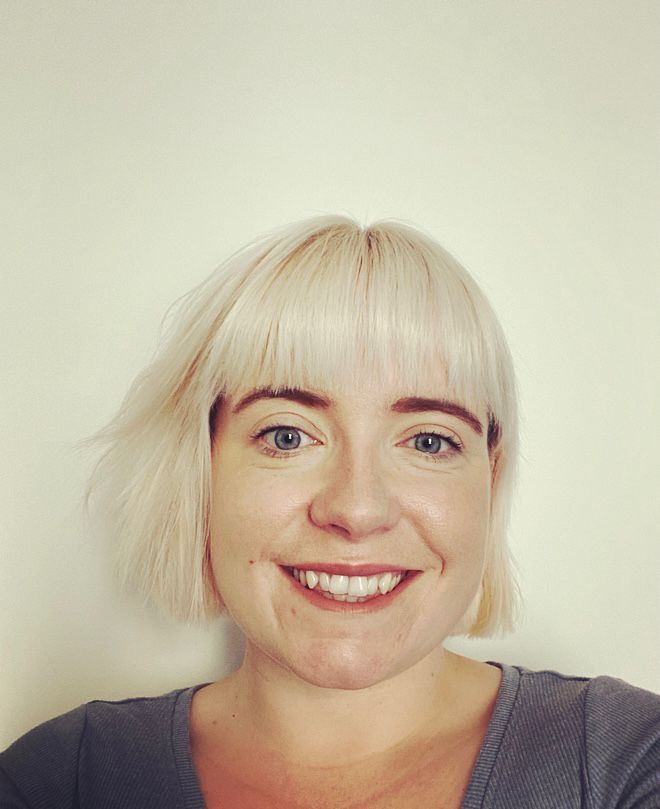Jessica Craig works the Musicians’ Union, (MU), as ‘Royalties Official’.
Music is for all
Having studied music and being a musician myself, I feel privileged to work for the Musicians’ Union, (MU). Growing up in Coventry and attending a state secondary school, the importance of ‘the arts’ was never promoted and never felt as integral as other subjects.
The idea you could become a musician and make a living seemed too fantastical.
However, at the MU we know working as a musician IS a full time career and we encourage, support and celebrate musicians from all walks of life.
This is why the MU campaigns against musicians being asked to work for free, and works to empower musicians by recognising their work, advising them of their rights and challenging those who try to exploit them.
My role as ‘Royalties Official’ is to ensure any music royalties due to any musician are paid.
The MU pays royalties to any session player or ‘non-featured’ musician who has played on a track which has been synced alongside any moving images, for example a song played in an advert or a film. We also administer royalty payments for some television programmes and music videos. MU royalties are paid to members and non-members, and last year we distributed a record £1.37 million to musicians and their families.
Another part of my role is helping musicians understand their rights, advising on fair terms in contracts and providing the information they need to ensure their music is protected.
In addition, colleagues and I have set up free roadshow events across the UK to highlight the work we do and to speak to musicians one on one about their career needs.
These have been invaluable, with musicians expressing their gratitude for increasing their understanding of music rights and royalties. There are more events to come so look out for information on the union’s website and social media feeds.
Not only does the MU offer to support musicians on an individual basis but the MU is passionate about improving the music industry overall with our campaigns and lobbying work.
Some of these campaigns relate to fixing music streaming and acting against buyouts, however, a vital area the MU is committed to is equality, diversity and inclusion which is crucial in improving the music industry.
This is accentuated by the setting up of our Equality, Diversity and Inclusion (EDI) team who aim to achieve equality for all, taking action against discrimination and educating everyone on best
practice.
The MU knows there are challenges faced by women in music, for example sexism, lack of representation, maternity rights and childcare.
We have a growing Women’s Network for members to raise issues and feed into the union’s work, like the MU’s contribution to the Misogyny in Music inquiry in Parliament and the development of template workplace policies on issues ranging from sexual harassment to breastfeeding.
The union offers legal advice to women and guidance on workplace rights for all musicians.
There is also a scheme called ‘Safe Space’ which gives every musician the opportunity to report instances of sexual harassment, sexism and sexual abuse in confidence. The MU can provide advice and information on support services to those affected.
It’s amazing these matters are at the top of the MU’s agenda, so no-one has to face prejudice or discrimination.
This is strengthened by the appointment of Naomi Pohl as General Secretary, the first woman to hold the post since the MU began in 1893.
It is fantastic to work for an organisation where every musician, whether they are a singer, songwriter, student or music teacher is supported and that the MU is behind them no matter what.
This article first appeared in Engage 27.





